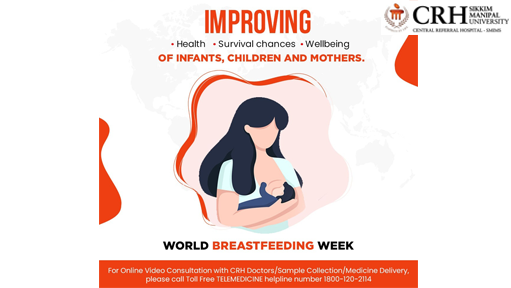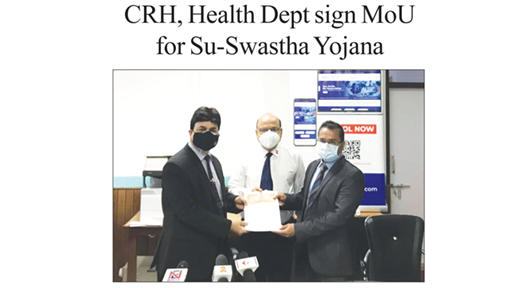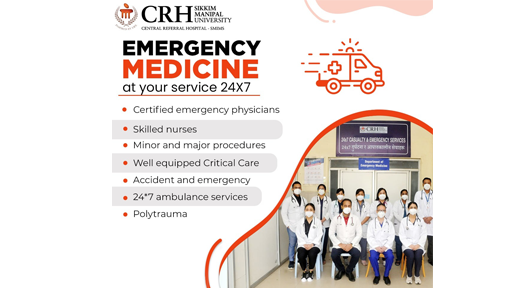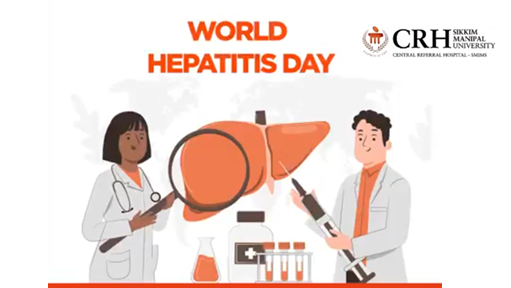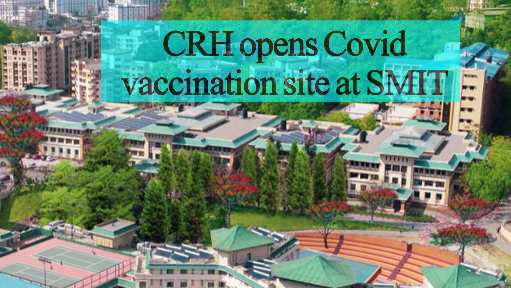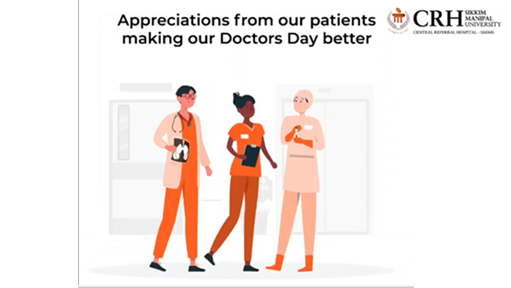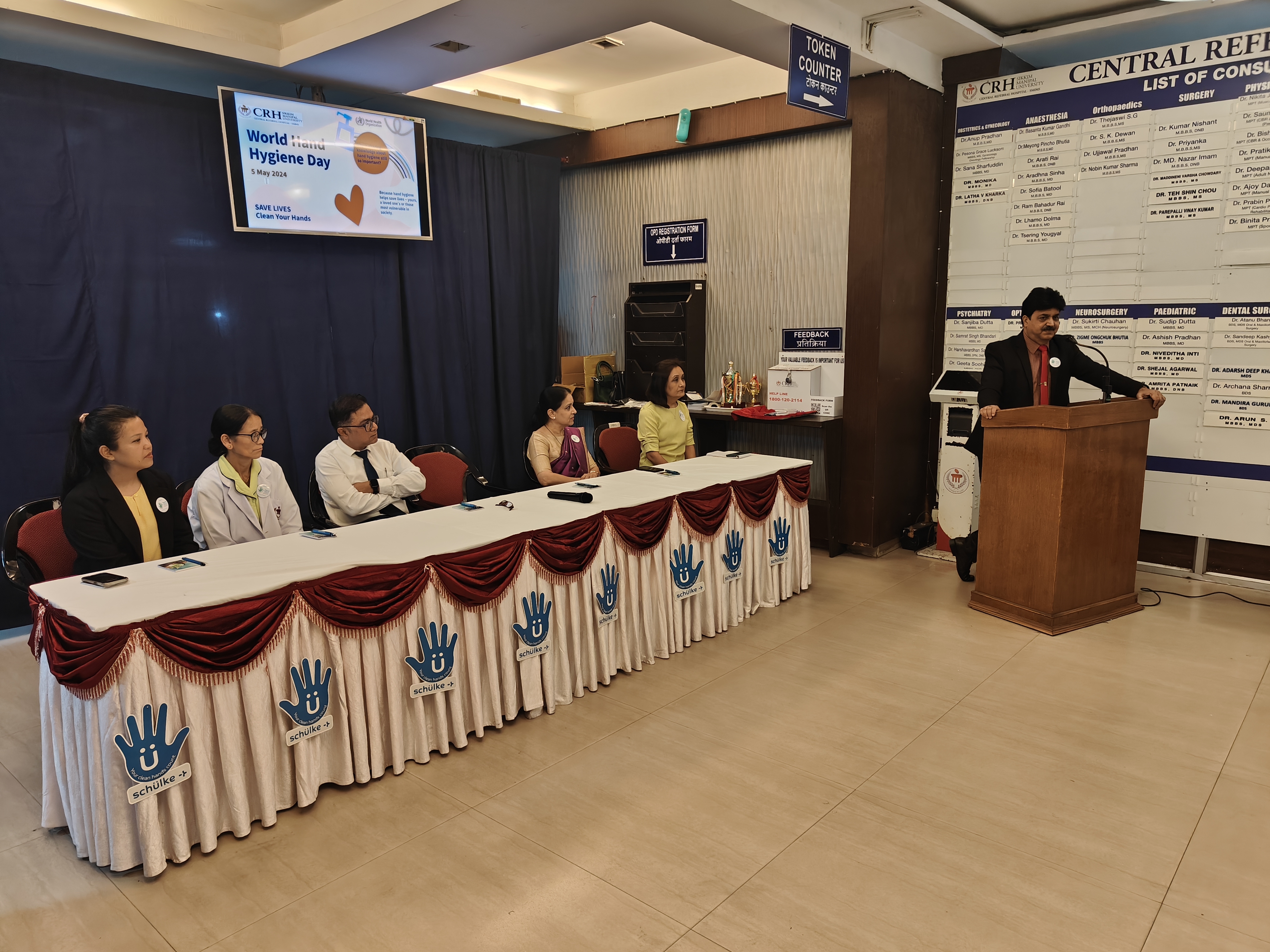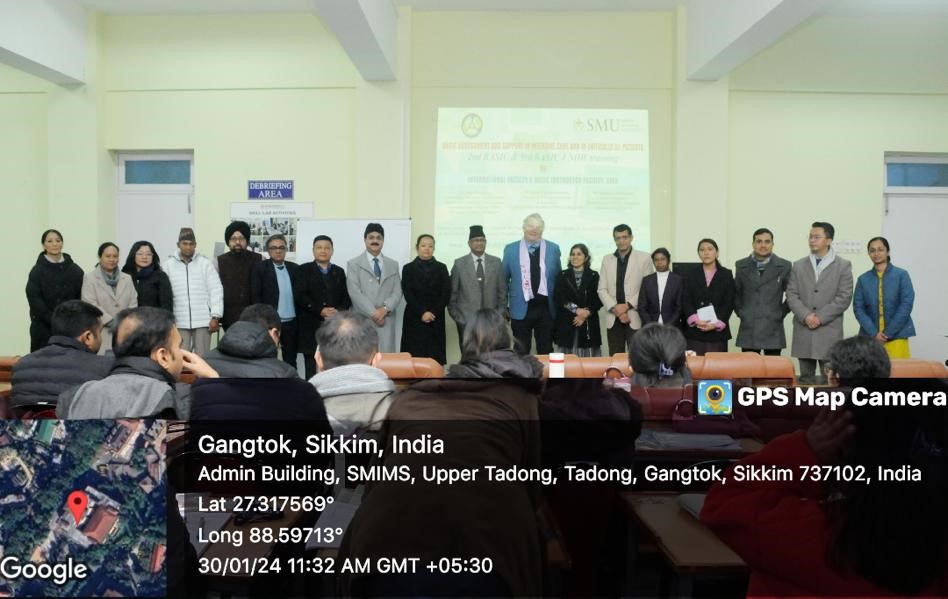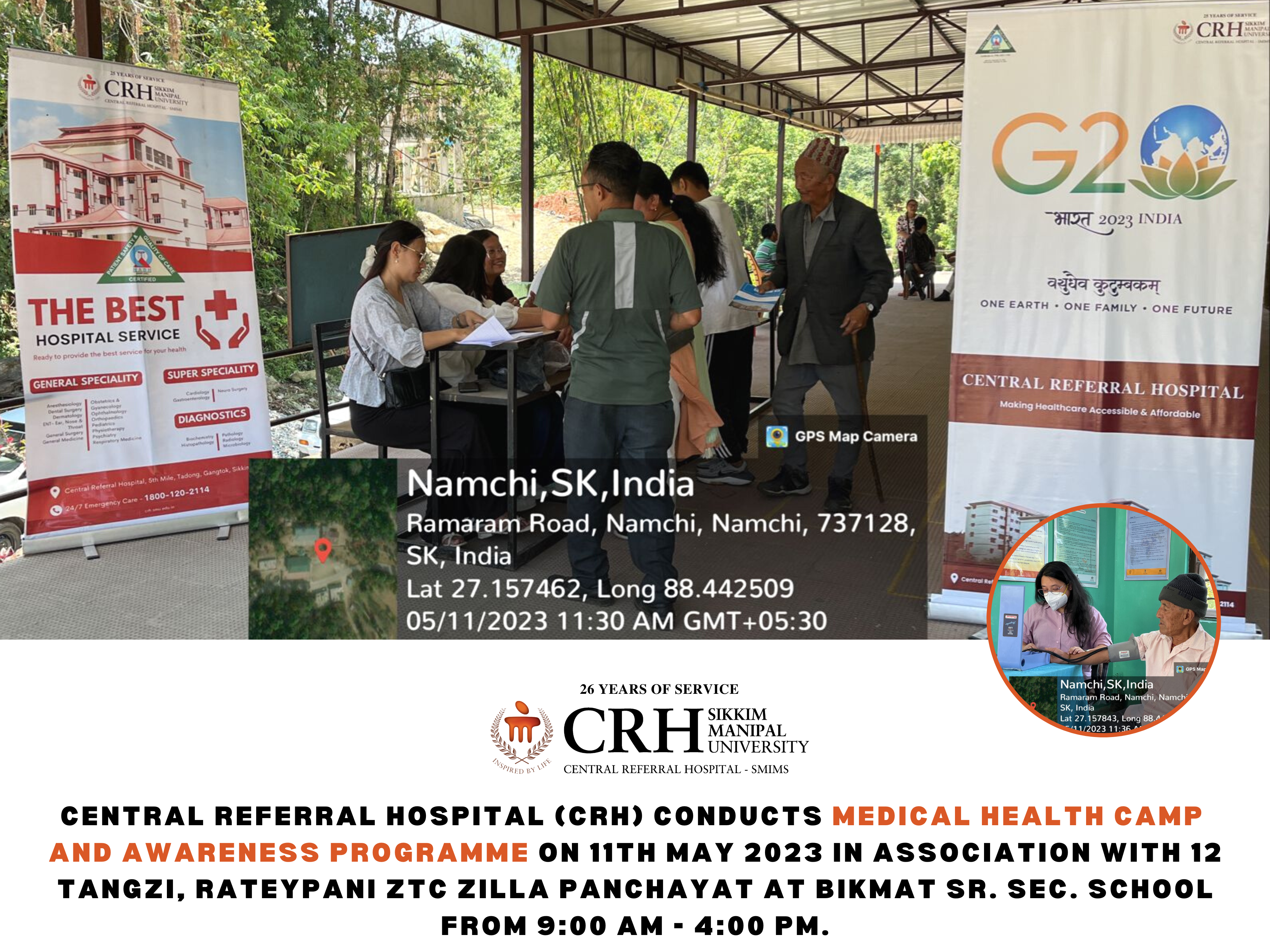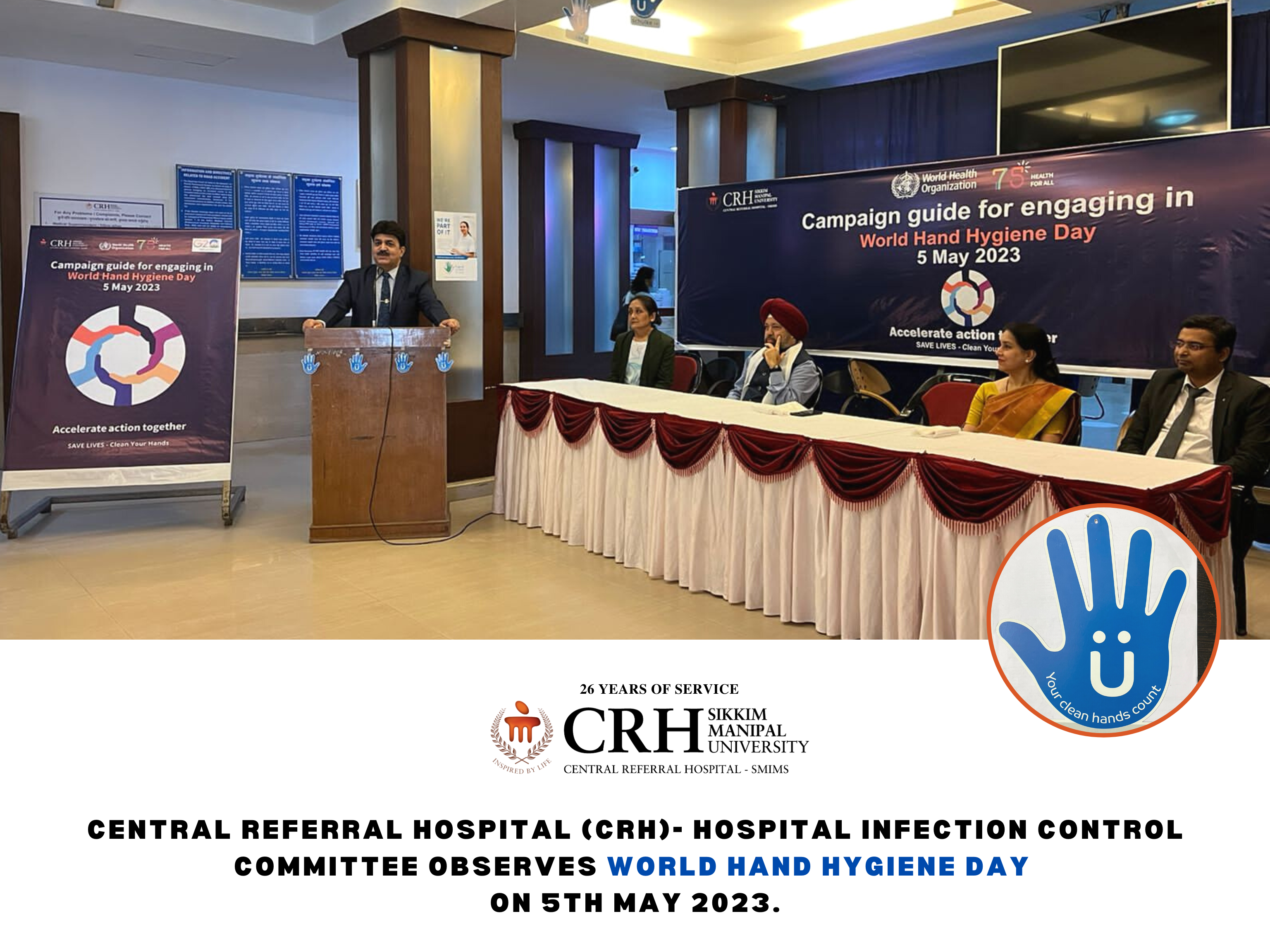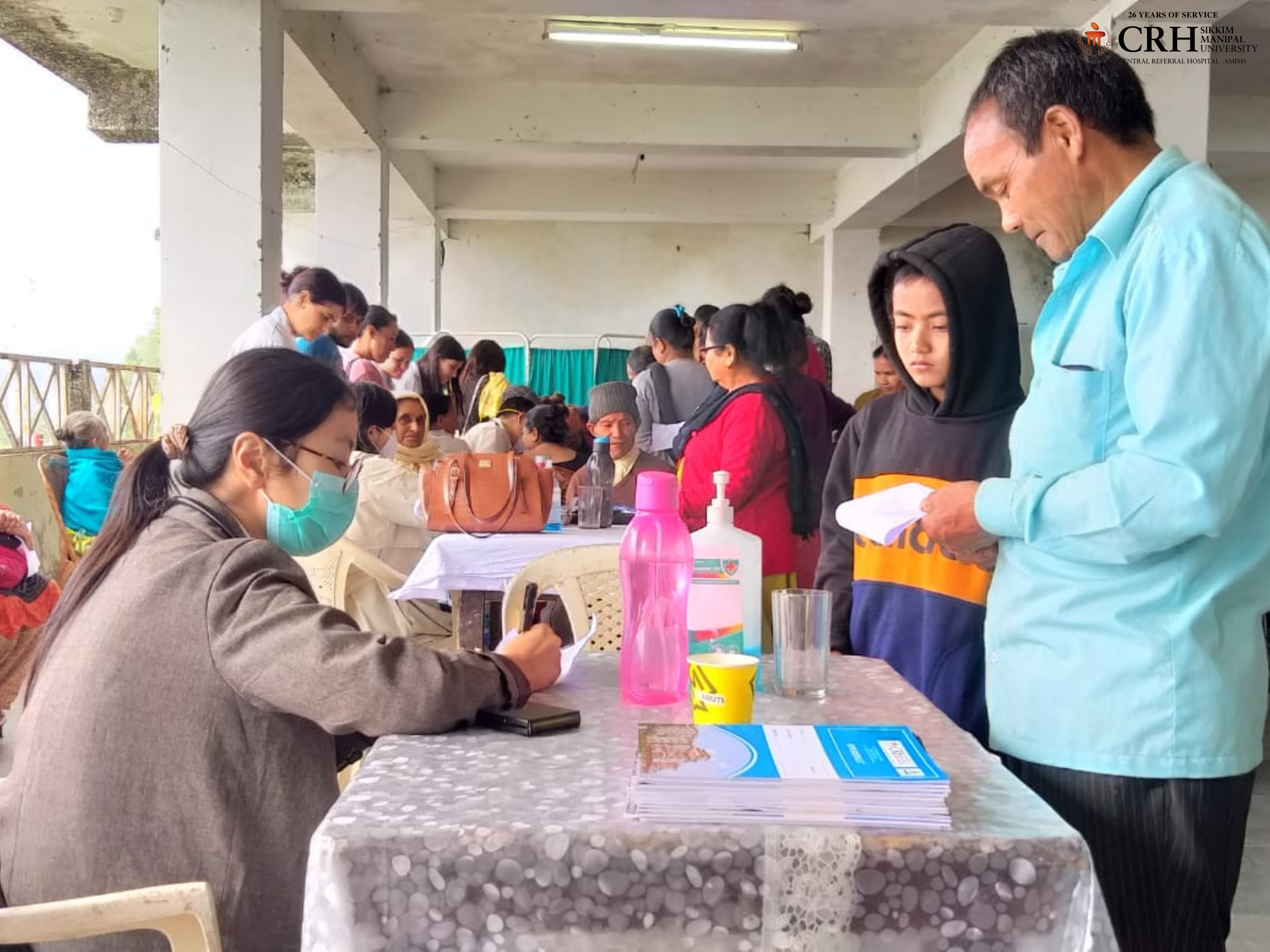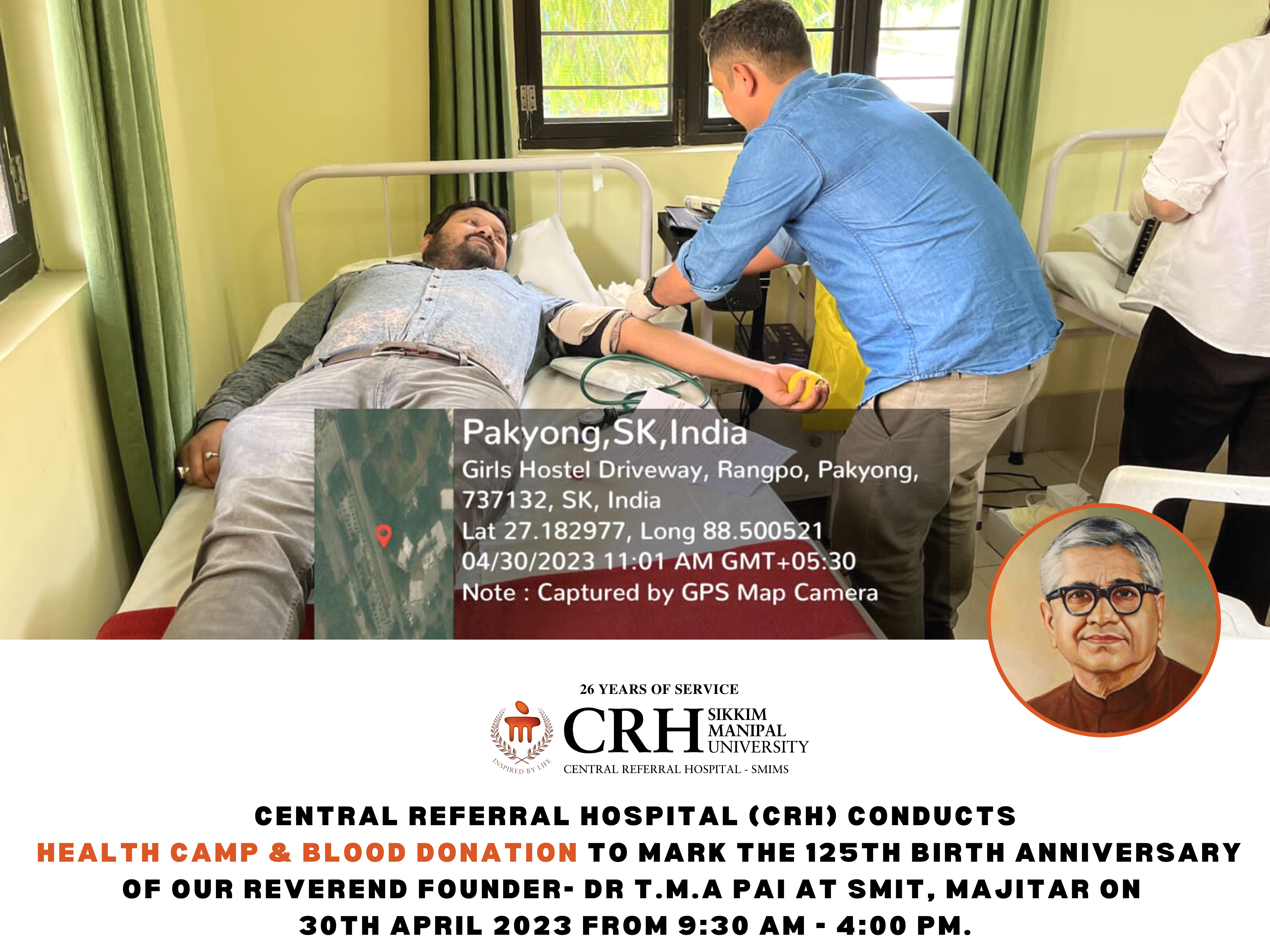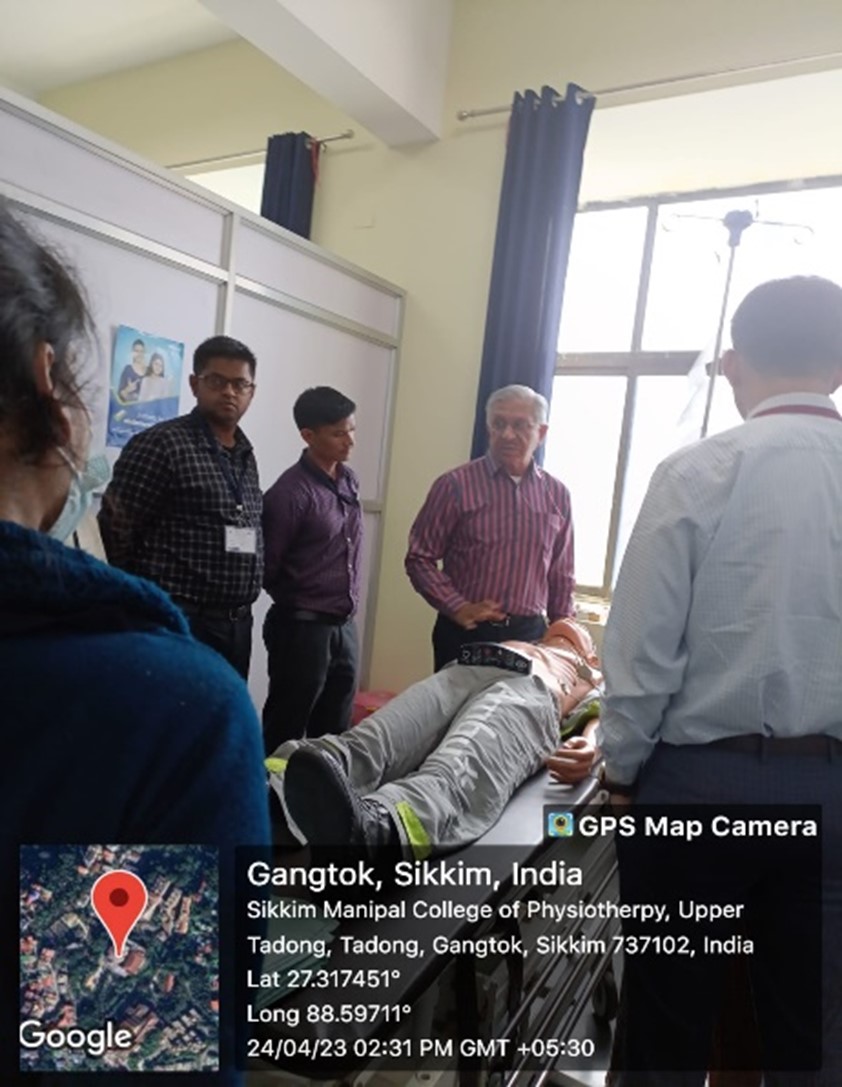Pioneering Cardiac Care
- The Cardiology Department of Central Referral Hospital is a pioneer in state-of-the-art cardiac care in the north east India. Besides providing humane medical care, the institute gives prime importance to pursuing medical research, as well as imparting training to medical and paramedical staff. We aim to reduce the devastating toll of cardiovascular disease through latest technologies and innovative programmes in patient care. Our Heart team discusses the best treatment options for patients with cardiac diseases, to ensure the right treatment approach to provide both immediate and long term benefits, prioritising the safety and well-being of the patient. We ensure that the right treatment is given to the patient, following the mantra of “patient first”.
Department of Paediatric Cardiology
- This department deals with congenital heart disease in children. It also deals with adults whose congenital cardiac anomalies have been diagnosed later in life, and who therefore require a different approach to management vis-à-vis children with similar problems. Its team of committed cardiologists deals with both interventional and non-interventional treatment modalities.
- Paediatric Cardiologists at the Institute routinely perform catheter-based interventions for closure of cardiac defects like atrial septal defects, patent ductus arteriosus and ventricular septal defects. Balloon atrial septostomy, coil embolization of patent ductus arteriosus and major aorto-pulmonary collaterals, balloon dilatation / stenting of coarctation of the aorta and balloon valvuloplasties as some of the routine interventional procedures that are particularly significant because surgery could be avoided altogether facilitating a shorter hospital stay for the child.
Department of Cardiac Rehabilitation
- This unit focuses on the quick functional recovery of the cardiac patient. While most of the patients attending this unit are post operative patients, its service is open to patients who seek advice regarding modification of life-styles to alter or reverse heart disease from the outpatient departments also.
- Patient counseling forms an integral part of health education in weight reduction, physical exercise, and living habits. Pain management, whether by sophisticated electro-analgesia, counseling or medications, is co-ordinated through the department of rehabilitation.
Non Invasive procedures:
- 2D Trans Thoracic Echocardiography
- 2D Trans Esophageal Echocardiography
- Echocardiography with strain imaging
- Dobutamine Stress Echocardiography
- Holter Monitoring
- Treadmill Test (TMT)
Coronary Care Unit (CCU)
- A-5-bedded and fully equipped CCU to deal with all cardio vascular emergencies supervised round the clock by qualified intensivists, it is supported by physician assistants and well trained nursing staff.
|
Department of Adult Cardiology
- Offering the best available diagnostic and therapeutic modalities, The Department of Adult Cardiology operates through interventional and non-interventional arms that together encompass the entire realm of adult craniological practice.
- Interventional Cardiology is offered through the use of state-of-the-art catheterization laboratories. These utilize digital technology to store and retrieve data in compact discs and perform hundreds of procedures annually. Percutaneous Transluminal Coronary Angioplasty (PTCA) with placement of intracoronary stents is a routine procedure. In keeping with cutting-edge technology, the placements of drug eluting stents are also routine practice.
- Balloon Valvuloplasty is another area this department is capable of, in the treatment of mitral, aortic and pulmonary stenosis. Non-invasive Cardiology has as its major arm the echocardiography service.
Our advanced Treatment and Procedures
- Angioplasty or PTCA: Angioplasty is a minimally invasive, endovascular procedure to widen narrowed or obstructed arteries or veins. There are different types of angioplasty that can be performed such as balloon, stent, rotablation, athrectomy, and cutting balloon. Post angioplasty, the doctors advises changes in your diet and exercise routine.
- Angiography: An angiograph is an X-ray test that uses a special dye and camera to take pictures of the blood flow in an artery. It is done to detect problems with blood vessels, show for the pattern of a blood tumour, look for an ulcer etc.
- Permanent Pacemaker Implantation (PPI): A pacemaker is a small device that's placed in the chest below the collar bone, to help in controlling abnormal heart rhythms. This device uses low-energy electrical pulses to prompt the heart to beat at a normal rate.
- Cardioversion: It is done to restore a normal heart rhythm for people who have certain types of abnormal heartbeats – arrhythmias. It is done by sending electric shocks to your heart through electrodes placed on your chest. The most commonly treated arrhythmia is atrial fibrillation.
- Device closure of ASD, VSD, PDA: It is done as means for minimally invasive closure using FDA approved plugs, of holes in the heart seen in congenital heart disease. It spares the subject from the prolonged ICU stay needed in surgical treatment.
- Balloon Valvuloplasty: This is done to percutaneously relieve tight stenosis of heart valves like severe mitral stenosis, Aortic stenosis, Pulmonary stenosis, using balloons, and serves as an alternative to valve replacement, severely shortening duration of hospital stay.
- Coarctoplasty: This is done to relieve congenital narrowing of descending thoracic aorta using stents and balloons, which could be cause of upper limb hypertension, and heart failure
- Cardiac catheterisation: Cardiac catheterisation is an invasive diagnostic procedure that provides important information about the structure and function of the heart. It helps in planning and assessing suitability of interventions.
|




